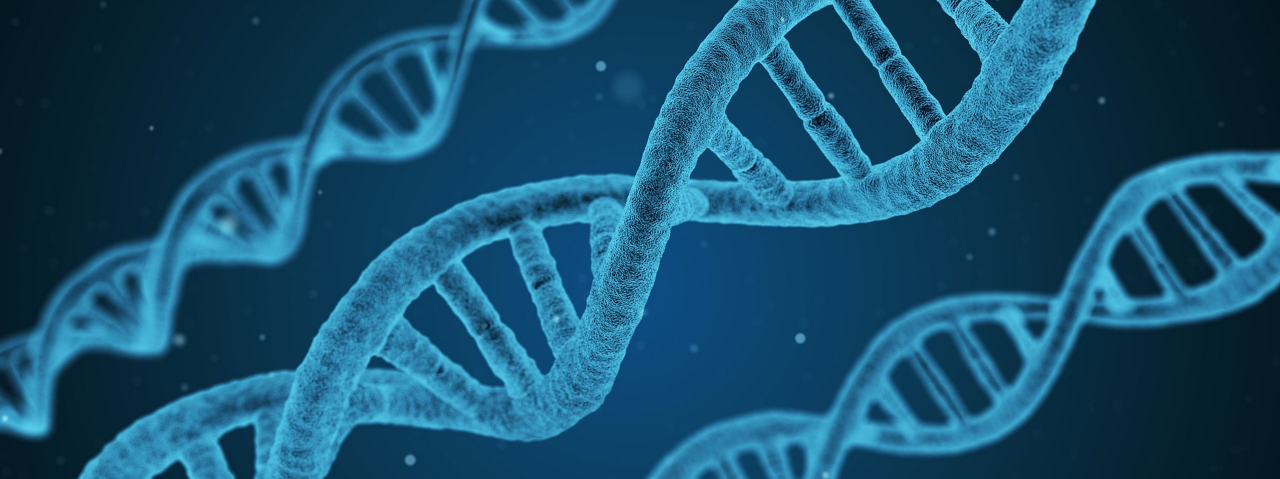Healthcare Scientist - Genomics Careers Guide
Healthcare scientist genomics jobs… did you know?
What is genomics? It’s the study of genes and how they tell the body to make all the proteins it needs to survive and grow.
Similar jobs: clinical scientist
Health and Science CareersSo what do you do as a healthcare scientist working in genomics? You’ll be looking at DNA samples from patients to see if they have any genetic and genomic alterations that could lead to diseases and conditions like cancer or cystic fibrosis or cancer.
As a healthcare genomics scientist, you help patients look into their possible future. Then they can take steps to help their body produce proteins that behave in a healthy way.
DID YOU KNOW? Healthcare science is the place to be if you’re excited by brand-new science discoveries. For example, in genetics, you could be involved in the Human Genome Project that looks at how traits and characteristics are passed from parents to children. It’s ground-breaking stuff.
Healthcare scientist job trends
How much money can you make as a healthcare scientist in genomics?
£26,250 – £99,500 (UK average)
Recent labour market information says you can earn on average between £26,250 and £99,500 a year as a healthcare scientist or clinical scientist working in genomics in the UK.
Your starting salary can vary because of factors like level of experience, training, or location. Your salary will increase over time as you build skills, knowledge and experience.
What entry qualifications and training do you need?
School, college and training
Vocational and academic qualifications
School, College and Training
There are three ways into a genomics career as a healthcare scientist:
- With A-levels (or level 3 equivalent qualifications)
- With a relevant degree
- As an experienced clinical scientist
Getting into this career with A-levels
If you have two or, even better, three A-levels at 9-4 (A*-C) passing grades you can apply for the NSH Practitioner Training Programme (PTP). You can do this by taking a BSc degree in healthcare science (genetic science). Some universities may allow you to apply with A-level equivalents, so always check with your chosen universities before applying.
Getting into this career with a degree
As a graduate you can apply for the NHS Scientist Training Programme (STP) if you achieved a 1stor 2.1 in a science honours or integrated master’s degree.
You need to make sure you’ve matched the skills and knowledge you’ve got from your degree to the jobs description, as there are so many relevant degrees out there. Your best bet is to visit the website for the National School of Healthcare Science for further research.
For STP positions in the life sciences, including genomics, the most commonly accepted degrees are in:
- Biomedical sciences
- Biology
- Microbiology
- Genetics
- Biochemistry
Getting into this healthcare genomics as a clinical scientist
What if you’re already a registered clinical scientist? Then you can apply for Higher Specialist Scientist Training (HSST). You will then have the skills and training to pursue a healthcare career specialising in genomics.
Apprenticeships
If you want to study for a range of healthcare roles, you can complete either an apprenticeship or advanced apprenticeship in healthcare. This gives you the opportunity to earn a salary working in healthcare while getting structured learning that leads to an industry-recognised qualification.
The NHS runs traineeships, apprenticeships and cadet schemes.
NHS apprenticeships are on offer at four levels:
- Intermediate (Level 2 – equivalent to five GCSES (9-4/A*-C)
- Advanced (Level 3 – equivalent to two A-levels)
- Higher (Levels 4-7 – equivalent to foundation degree or above)
- Degree apprenticeship (Levels 6-7 – equivalent to a degree)
There are some entry requirements for NHS apprenticeships. For example, to successfully apply for an Advanced Level Apprenticeship you may need four or five GCSEs or their equivalents, sometimes in particular subjects.
To start a higher apprenticeship with the NHS you may need a Level 3 qualification or enough healthcare-related experience to show you have the skills and knowledge to apply.
Visit NHS Healthcare Careers to see the range of healthcare apprenticeships on offer.
Career progression
With time and experience you could get even more specialised in what you do and command a higher salary. You could also work in management, research, or teaching.
What experience do you need for healthcare scientist genomics jobs?
Work experience
It can help you decide if this is the right career for you if you have previously done work experience in a science or healthcare environment.
Any work experience where you have demonstrated your science or healthcare skills can help your application. Visit the NHS Work Experience website to find healthcare work experience opportunities in your area.
Examples of relevant work experience include:
- Work shadowing (even if it’s just for a day)
- Work placements in a company
- Year-long industry placements on a sandwich degree course
Volunteering and extra-curricular activities
Volunteering is a very caring thing to do because you are choosing to give up your time to help other people. Employers may be impressed to see volunteering on your CV, and any volunteering experience related to healthcare is especially useful.
It can also help to show you have extra-curricular interests in science and medicine. For example, you could join a science club at school or university.
What skills do you need for healthcare scientist jobs in genomics?
What life and work skills do you need to make a great genomics healthcare scientist?
Useful skills to highlight and develop in this career include:
- Good problem solving skills and an enquiring mind – after all, you’ll be delving into the secrets of the genetic universe
- Good organisation skills – this will help you with your degree and training, and also with research and development
- Teamworking skills – you could work as part of a team with doctors specialising in genetics and genomics, healthcare science staff specialising in bioinformatics genomics, specialist nurses and genomics counsellors.
Vocational qualifications and work experience will help you build these skills over time.
You can start to build these skills right now when you sign up with Youth Employment UK to get free Young Professional training.
What does a healthcare scientist working in genomics do?
Your day-to-day job responsibilities could include:
- Working one-to-one or with groups
- Working with clients referred to you (e.g. by health professionals) or clients that have referred themselves
- Working with hard-to-reach groups like the homeless or those living with addiction
- Helping people to see where and how their behaviours could be affecting their health
- Helping people to create a health plan of action
- Helping people learn more about how to improve their health and wellbeing
- Signposting to other agencies and professionals (this means helping your clients know about other people who can help them).
Your first steps into healthcare scientist jobs in genomics
Genomics healthcare scientist jobs are advertised under different job titles. When you’re looking on job boards, look for the following types of job:
- Genomic technical support scientist
- Clinical genomics practitioner
- Clinical scientist
- Biomedical scientist
- Healthcare scientist (genomics)
Useful organisations and links



So what are you waiting for? Grab your future.












